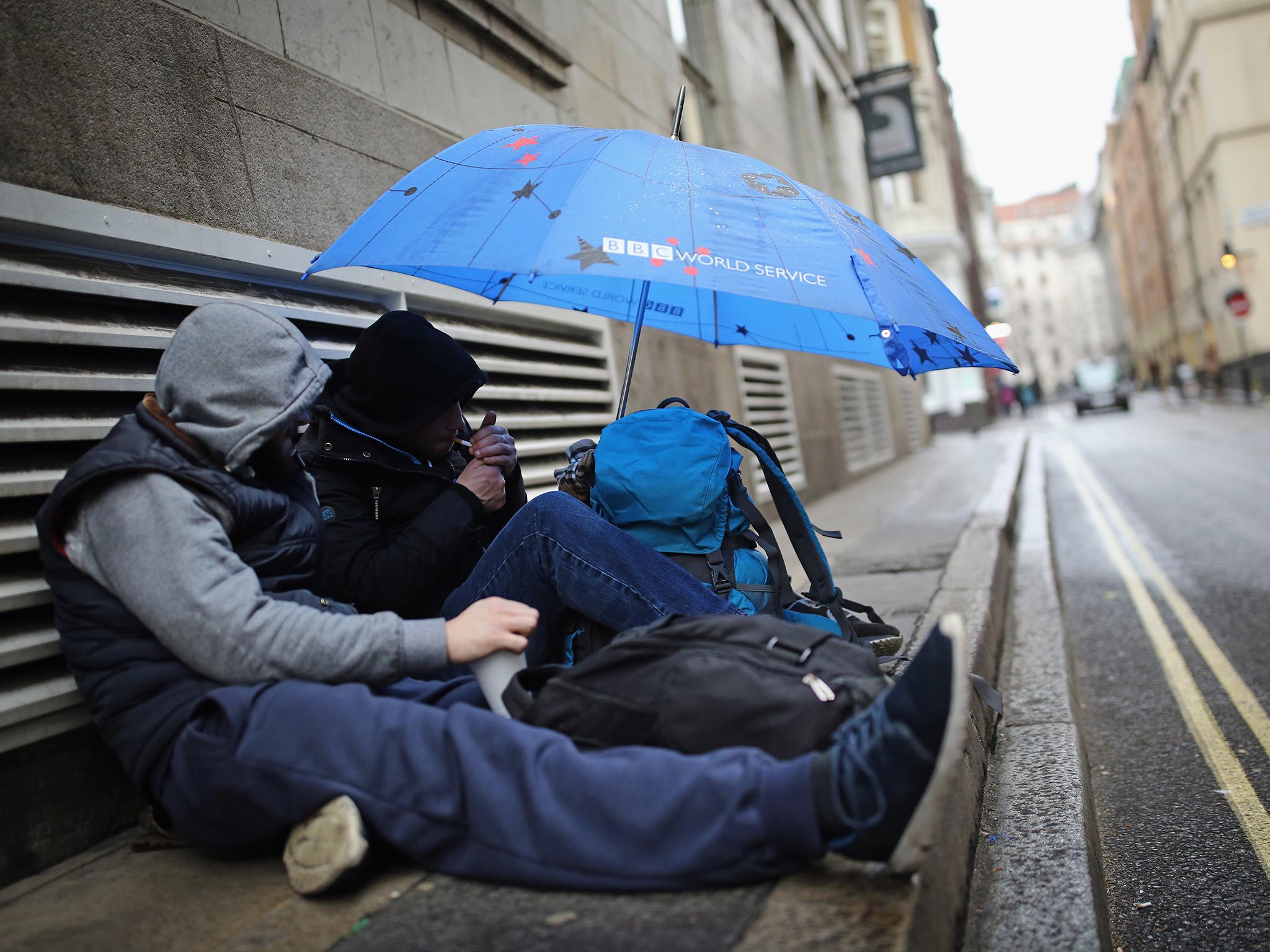What should you do if you see a homeless child in the UK?
Anyone under the age of 18 is classed as being in priority need by their local council, who have a duty to find them somewhere to sleep

Your support helps us to tell the story
From reproductive rights to climate change to Big Tech, The Independent is on the ground when the story is developing. Whether it's investigating the financials of Elon Musk's pro-Trump PAC or producing our latest documentary, 'The A Word', which shines a light on the American women fighting for reproductive rights, we know how important it is to parse out the facts from the messaging.
At such a critical moment in US history, we need reporters on the ground. Your donation allows us to keep sending journalists to speak to both sides of the story.
The Independent is trusted by Americans across the entire political spectrum. And unlike many other quality news outlets, we choose not to lock Americans out of our reporting and analysis with paywalls. We believe quality journalism should be available to everyone, paid for by those who can afford it.
Your support makes all the difference.Some 120,000 children will be homeless this Christmas, according to housing charity Shelter.
However, you won’t – or you shouldn't – see these children on the streets. Most of these minors, with their families, will be forced to find emergency temporary accommodation such as hostels or bedsits.
But what should you do if you see a young person sleeping rough?
"No child should ever be on the streets in modern day Britain. Anyone coming across an unaccompanied homeless child should immediately alert the authorities, whether that be the police or local social services," Matt Downie, policy and external affairs director at homlessness charity Crisis, told The Independent.
By law, anyone under the age of 18 is vulnerable and as such is classed as being in priority need for housing by their local council, which has a duty to find them somewhere to sleep.
However, sources from multiple charities told The Independent that identifying minors can be particularly difficult, especially those who may be 16 or 17.
The Child Rough Sleepers Project reported in 2014 that numbers of homeless children across Europe have risen, despite increased preventative and protective measures being introduced over the last 20 years.
The research found children who became homeless after running away, being thrown out of home or care, or other factors leading to them sleeping rough, were at high-risk of sexual exploitation, abuse and crime.
According to homelessness charity Streetlink, rough sleepers often go unnoticed by local services because they remain out of sight and move from place to place.
Mr Downie encouraged minors aged 16 to 17 who find themselves living on the streets to approach their local authority housing office as soon as possible. Members of the public can also contact Streetlink, who would arrange to make contact with the individual concerned and connect them to local services.
"Anyone in this age group will automatically be entitled to housing help from their council. Unfortunately for people aged 18 and over, this often isn’t the case. That’s why the Homelessness Reduction Bill, which is currently making its way through parliament, is so urgently needed," he said.
"If passed, this crucial bill will help to make sure all homeless people can get the support they need, regardless of their age."
The charity also advised those recognised as in priority need of housing, such as the elderly, disabled, or pregnant women, to contact their local council housing office as soon as possible.
Join our commenting forum
Join thought-provoking conversations, follow other Independent readers and see their replies
Comments